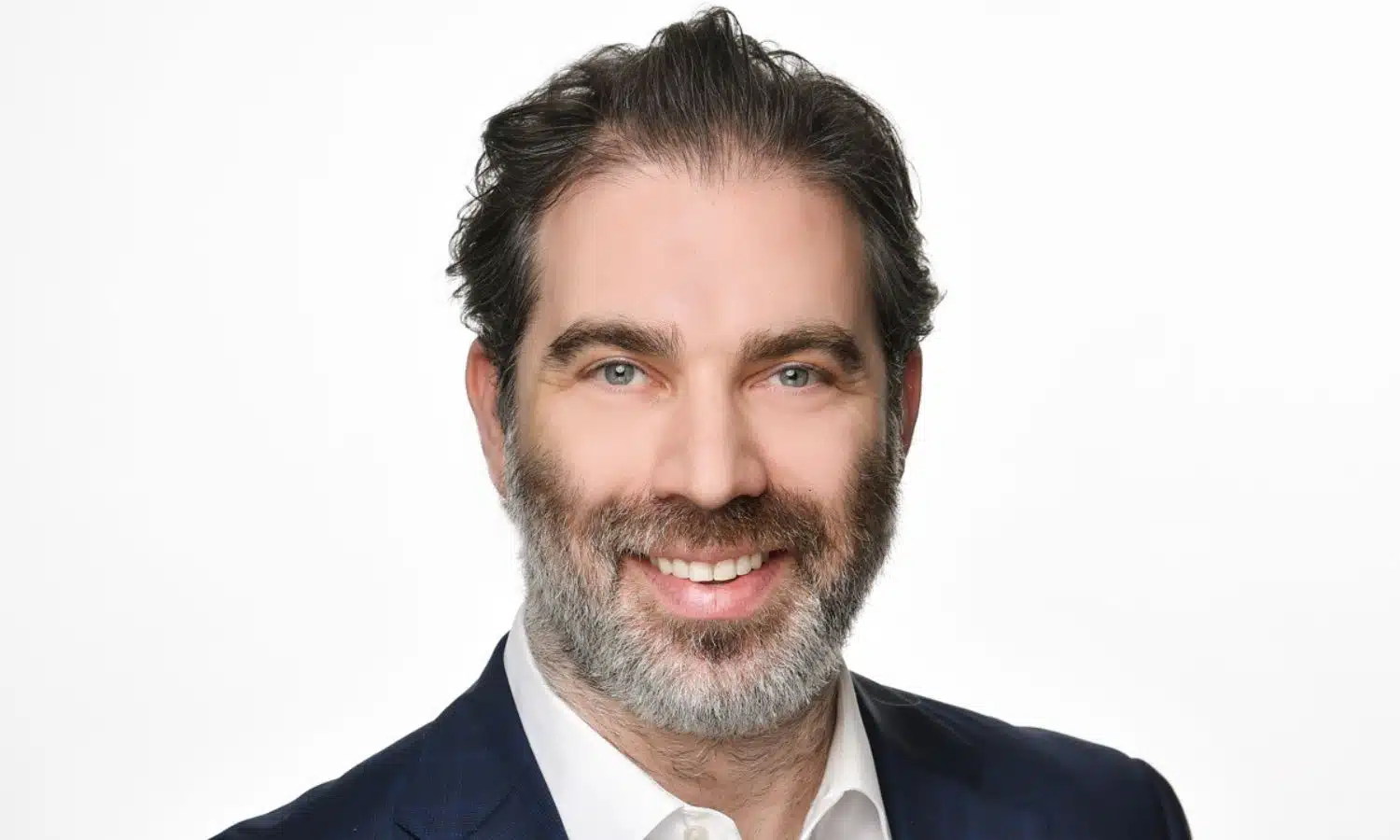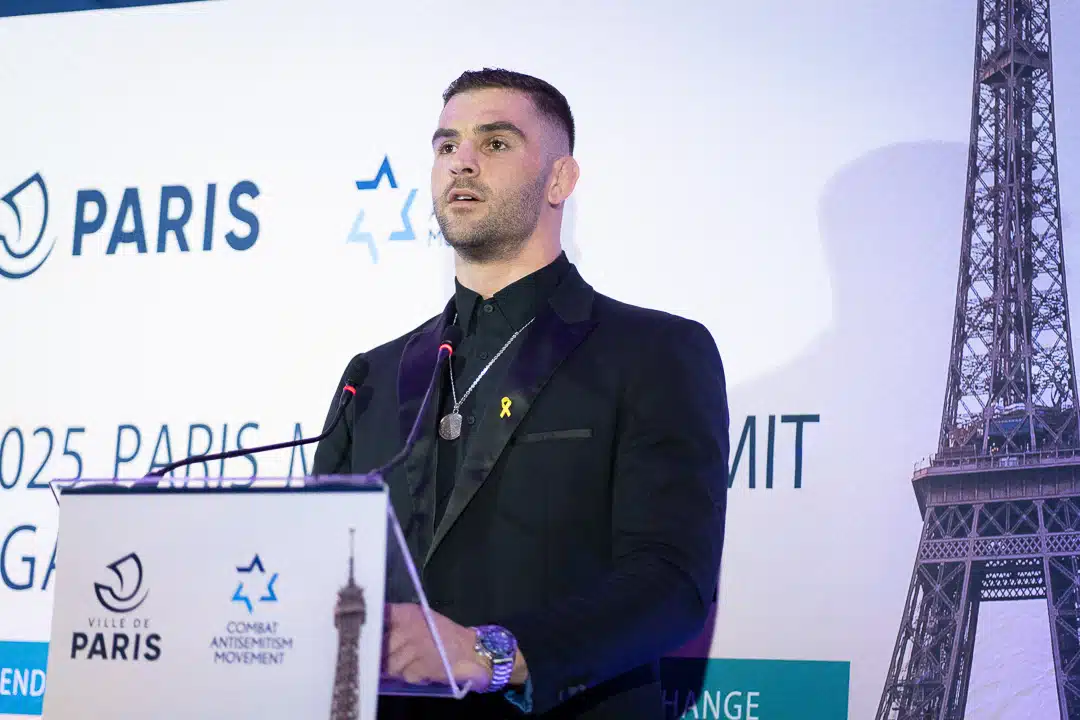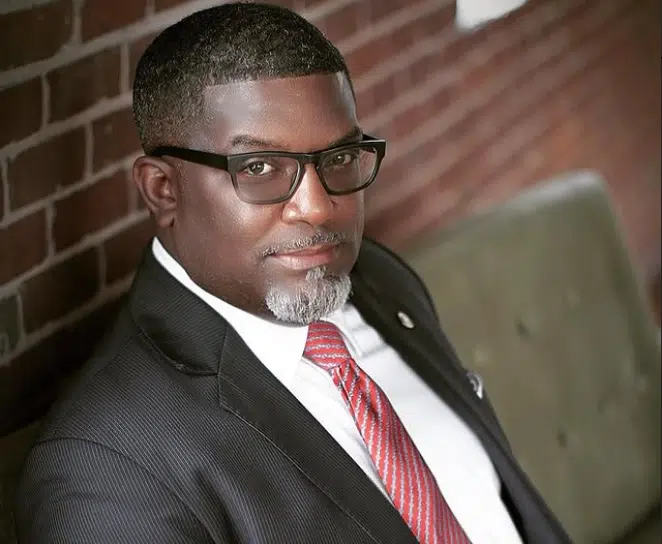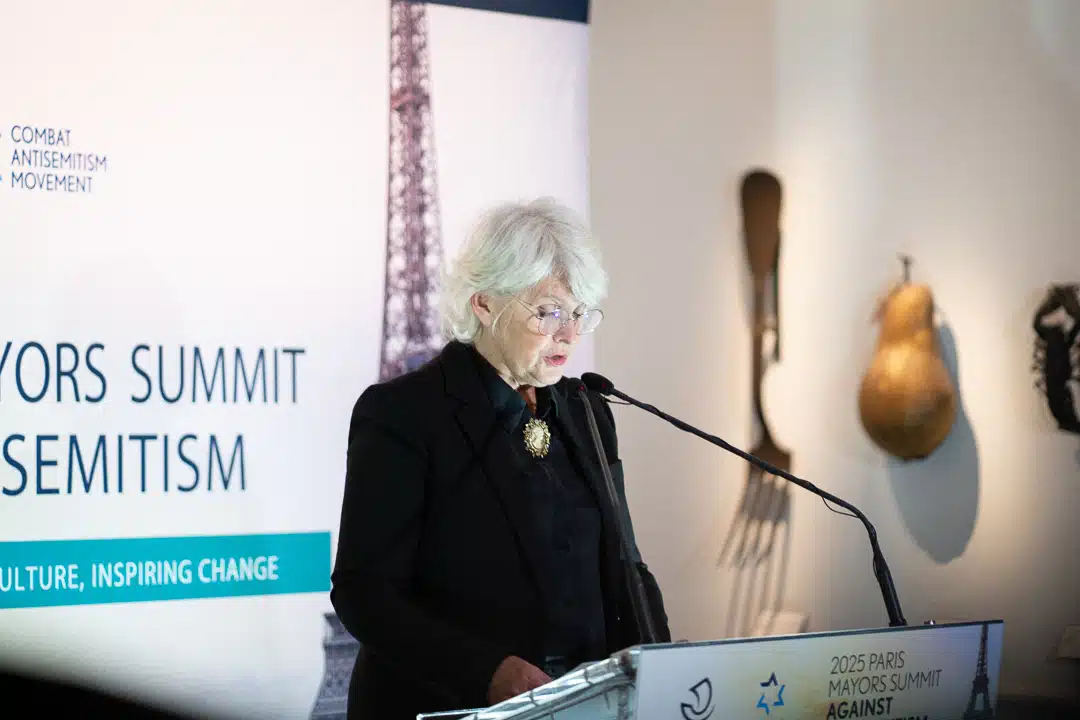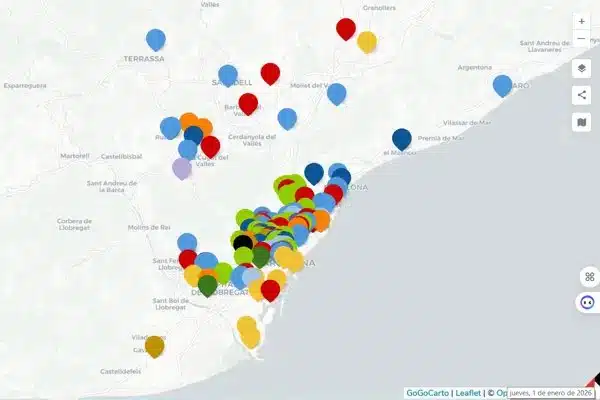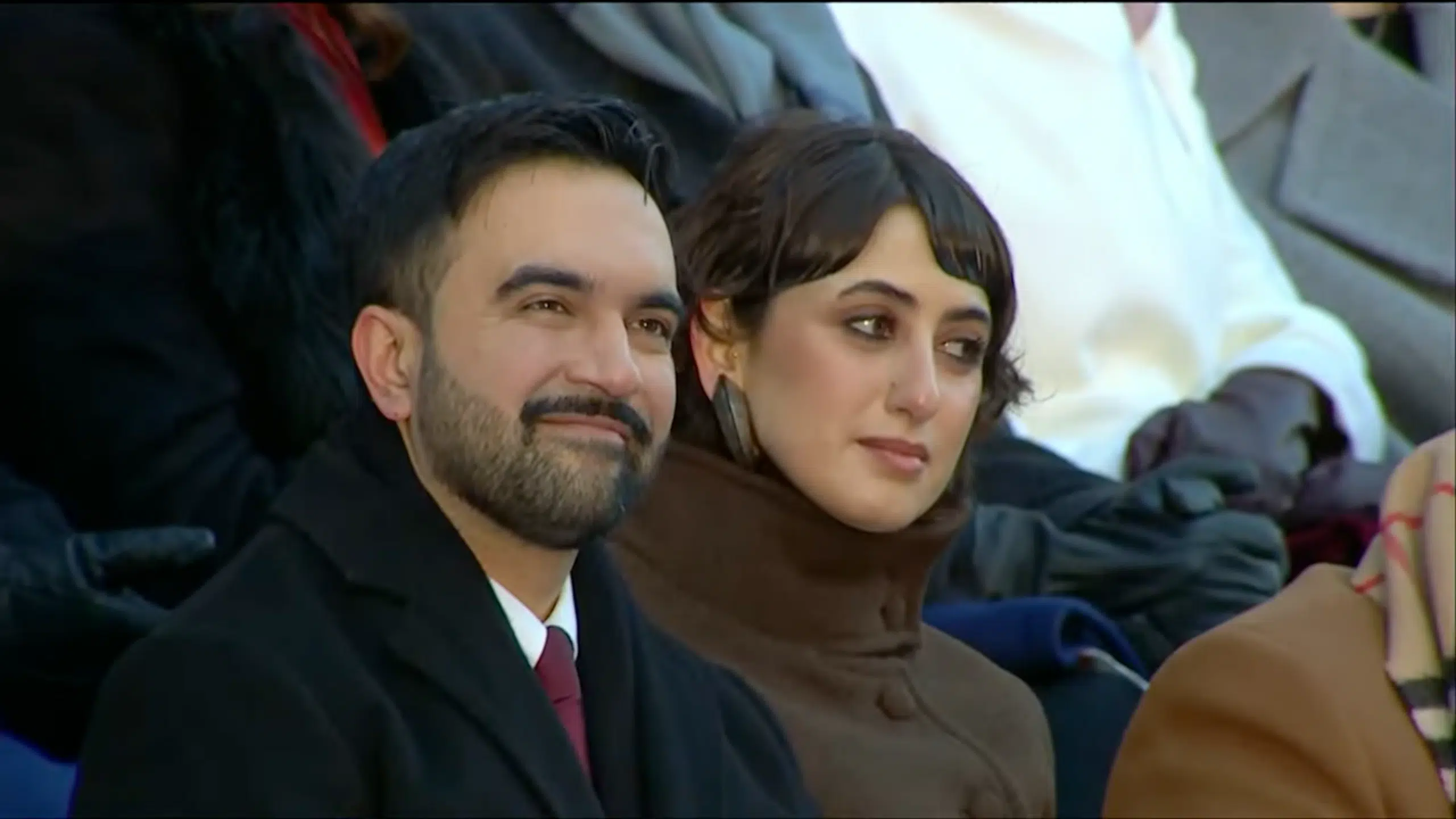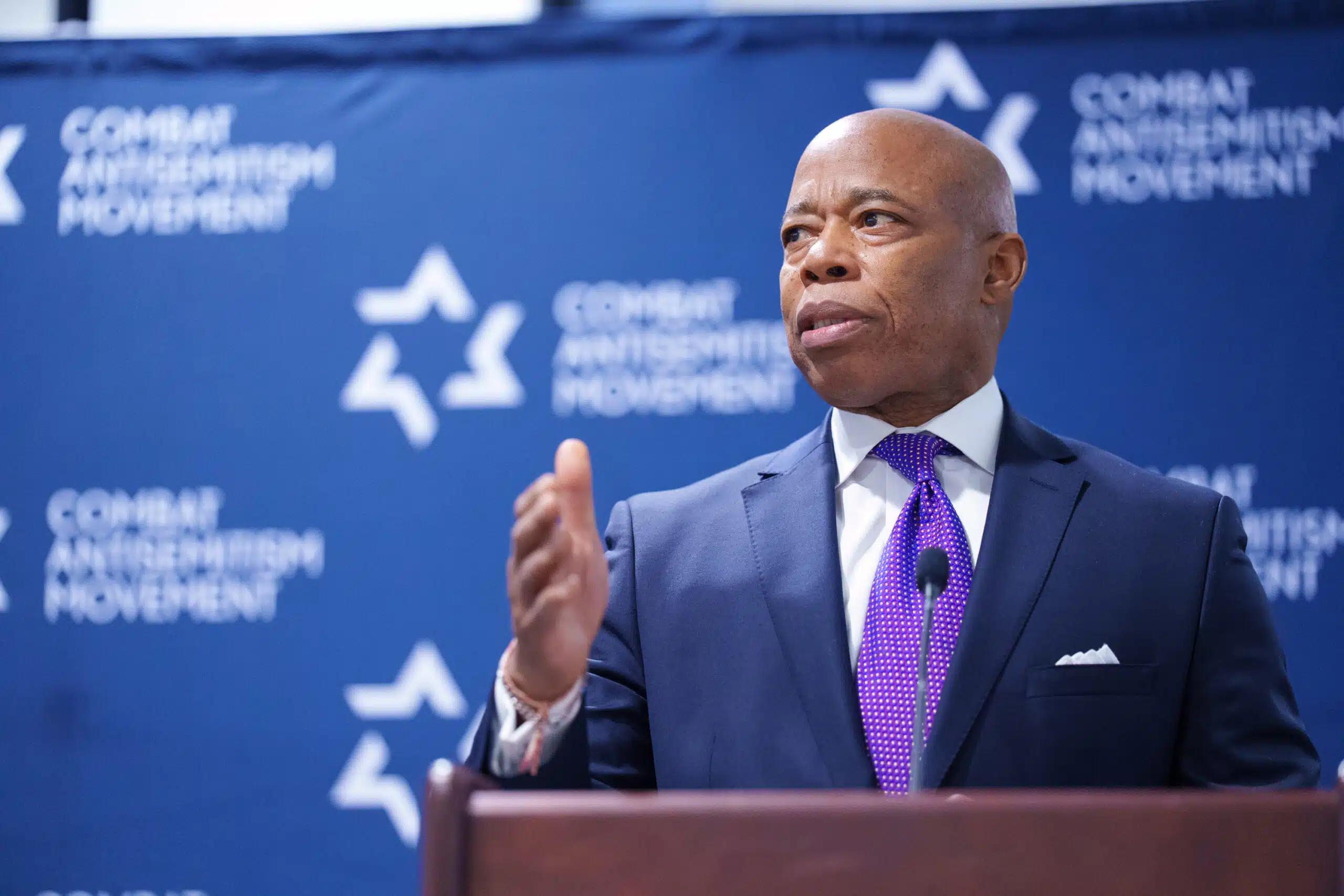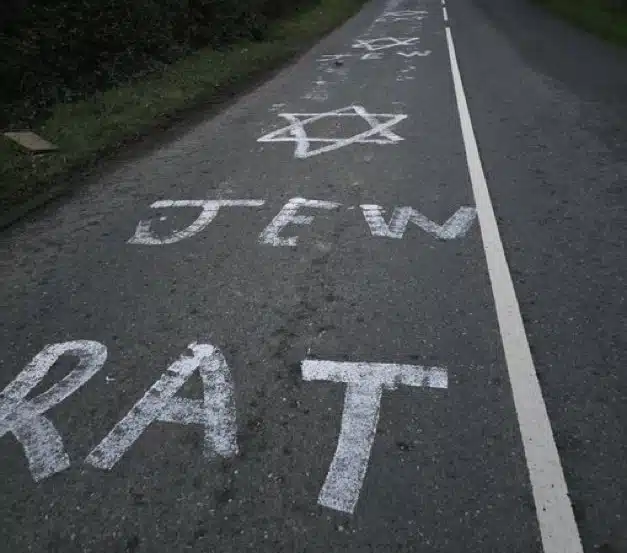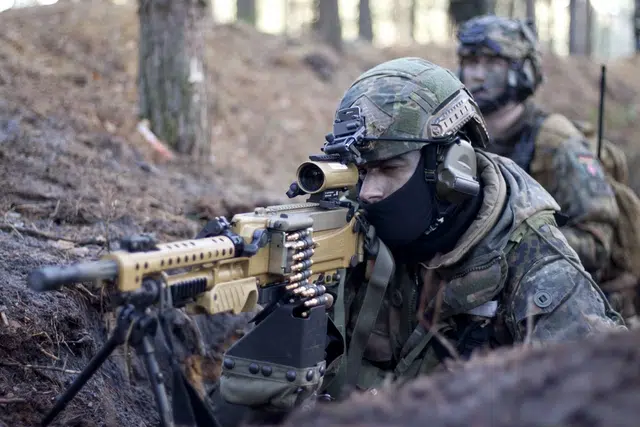|
Getting your Trinity Audio player ready...
|
Municipal leaders from more than 50 cities gathered in Fort Lauderdale, Florida, last month for the 2023 North American Mayors Summit Against Antisemitism, organized by the Combat Antisemitism Movement (CAM), and among them was Mayor Jeremy Levi, representing Hampstead, Quebec, an independent Montreal suburb known for its large and vibrant Jewish community.
After his return home to Canada, Mayor Levi spoke with CAM Editor-in-Chief Barney Breen-Portnoy to reflect on his experience at the summit and discuss the important role cities have to play in the collective effort to counter rising antisemitism across the globe, particularly in the wake of the October 7th Hamas attack in Israel.
How did the summit contribute to your understanding of the nature of modern-day antisemitism and ways to confront it?
“Prior to October 7th, and I’m speaking as a Jew and not just as a mayor, my understanding of antisemitism was very abstract. We learned about it, we knew about it, we heard about it and what it meant from our parents and our grandparents. Me being specifically from Canada, we had levels of antisemitism rise over the years, but nothing like we’ve seen since October 7th.”
“In Montreal, we’ve had unprecedented levels of antisemitic hate crimes since October 7th. We haven’t seen anything like this ever before. We’ve had synagogues firebombed, Jewish schools firebombed, and Jewish day schools shot at multiple times. What’s particularly bothersome has been the lack of response we’ve seen from leaders at the municipal level in the greater Montreal area, which has led me to a greater awareness that there is a systemic problem in Canada in dealing with antisemitism.”
“Before October 7th, antisemitism was abstract, but now it’s here, it’s real, and it’s tangible. The way the summit helped me realize that we have to come to the understanding that hate is not going to go away, and we have to deal with it. So how do you deal with it? I’ll give you an analogy, it’s like any other problem in society. You have to make laws to deal with it. Without speed limits on a highway, somebody can go 200 miles per hour. But if you put speed limits in, drivers will reduce their speed, not because they don’t want to speed, but because there is the potential that they can receive a fine for it. So the urge to speed will never go away, but it might be curbed or diminished because of the consequence of it. And we have to take that concept and apply to antisemitism, and put action into it.”
“In Hampstead, and I believe we were the first to do this, we passed last month a new by-law, the spirit of which was that anybody who takes down an Israeli hostage poster from public property will be fined $1,000. And that’s a type of action that will make people think twice before they commit an offense. That’s how you move from the abstract realm into action.”
What other actions have you taken or are planning to undertake against antisemitism in your city?
“A very big part of being a mayor or any other political leader who really wants to tackle antisemitism is that you can’t just focus on your own community, you have to focus around everywhere where antisemitism is happening. In the city of Moncton in New Brunswick, they’ve always put a menorah outside their city hall for the past 20 years or so during Hanukkah. And this year, for whatever reason, the City Council decided to not put it up. They were going to put up a Christmas tree, but not the menorah. So when I found out about that, I went on social media, and I said that we in Hampstead were going to put out a second menorah outside our city hall, specifically for the Jewish community of Moncton, to send a message that our light will never be diminished. And it was such a powerful message of unity and solidarity, it made waves all over Canada, so much so that they ended up reversing their decision. So it’s tangible actions that you can take that are well received outside of your jurisdiction that can have an impact.”
“Another example was in Calgary, where for 35 years the mayor has always attended a public menorah lighting. But this year, the mayor refused to do so, because she was concerned it would show support for Israel. So we specifically dedicated our public menorah lighting in Hampstead to the Jewish community of Calgary so they wouldn’t feel isolated, and again we received a lot of positive feedback. So it’s these small acts that speak volumes.”
At the city level, what resources or support do you need to enhance your effectiveness in combating antisemitism?
“We’re spoiled in Hampstead. We have the highest concentration of Jews per capita of any municipality outside of Israel. When it comes to resources, the resources we need are basically political. When the hate crimes were happening in other parts of Montreal, we sent a letter to the mayor of Montreal requesting that she ask the province of Quebec and the federal government for additional police resources, and that letter was completely ignored — dead silence. There is no desire from Montreal to really tackle the security issue. When the shootings happened, the mayor of Montreal basically said, ‘Everybody calm down,’ and that was the extent of it.”
“The problem that we have here, and I think around the world, is that anti-Israel rhetoric has become a politically correct way to show hatred toward Jews. And because it is so large in volume and so loud, unfortunately political leaders are just swayed by that and they don’t really see through it, and this leads to inaction. So we definitely need more action from political leaders. In Canada, we’re only seeing political leaders stand up and be vocal if they have a significant Jewish constituency base. Other than that, there’s no desire to get involved.”
How can CAM help mayors fight antisemitism?
“I think CAM can be very instrumental in doing more outreach into Canada, at a more granular level. At the Fort Lauderdale summit, it was interesting to meet numerous mayors from smaller cities in the United States. The best place to start something and bring awareness is at the grassroots level. We have 90,000 Jews in Montreal. Everybody knows who the Jewish political leaders are, it’s always the same players banging the drum to the provincial and federal governments, and it’s persistent and predictable. However, there are many much smaller Jewish communities scattered throughout Canada. If over time, the voices start coming from different areas and different people, that’s how you can make it more effective.”

